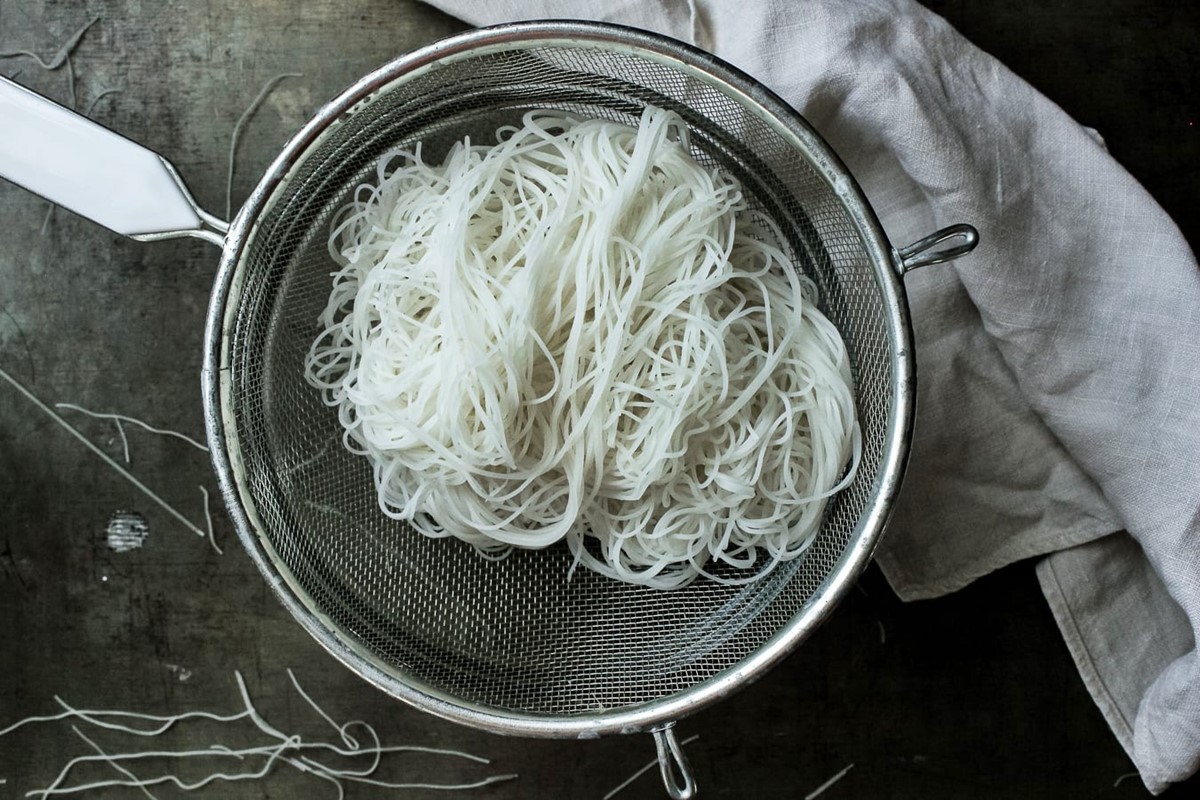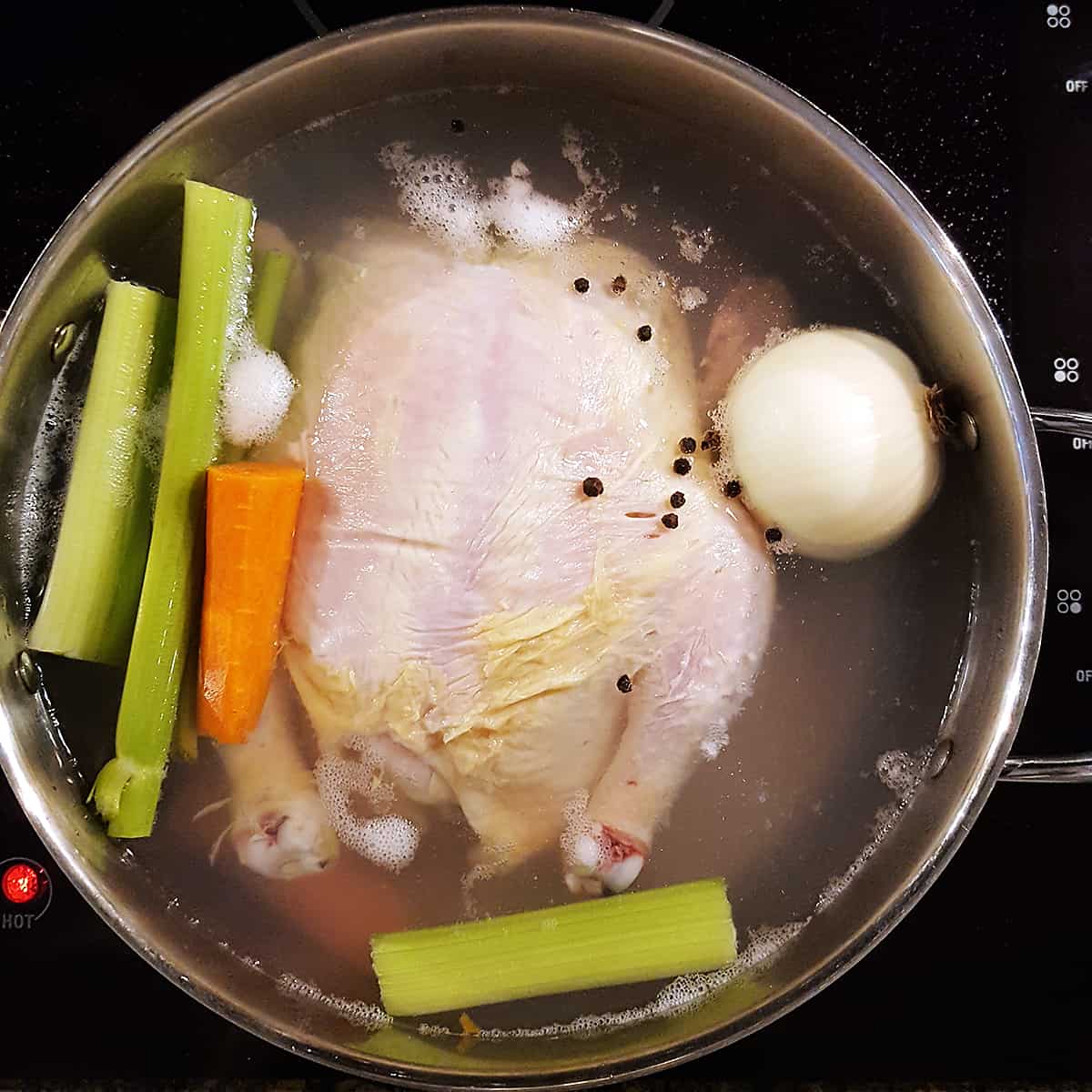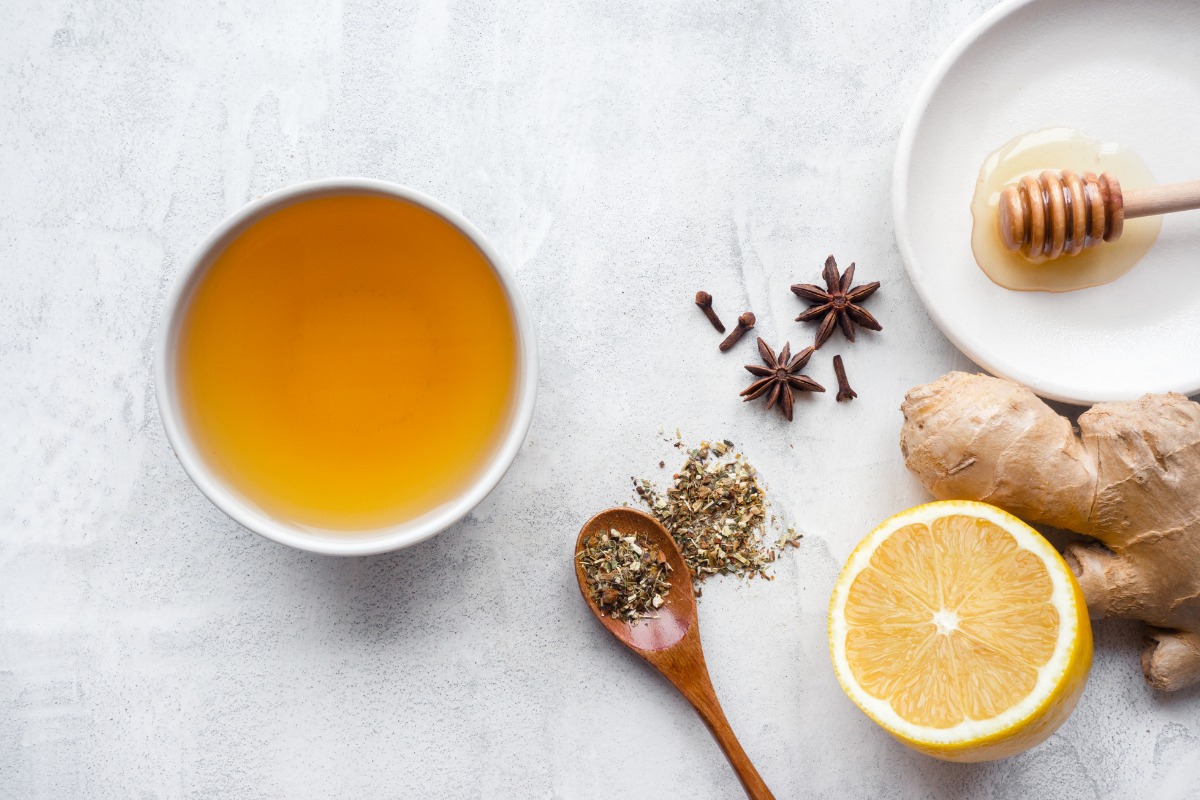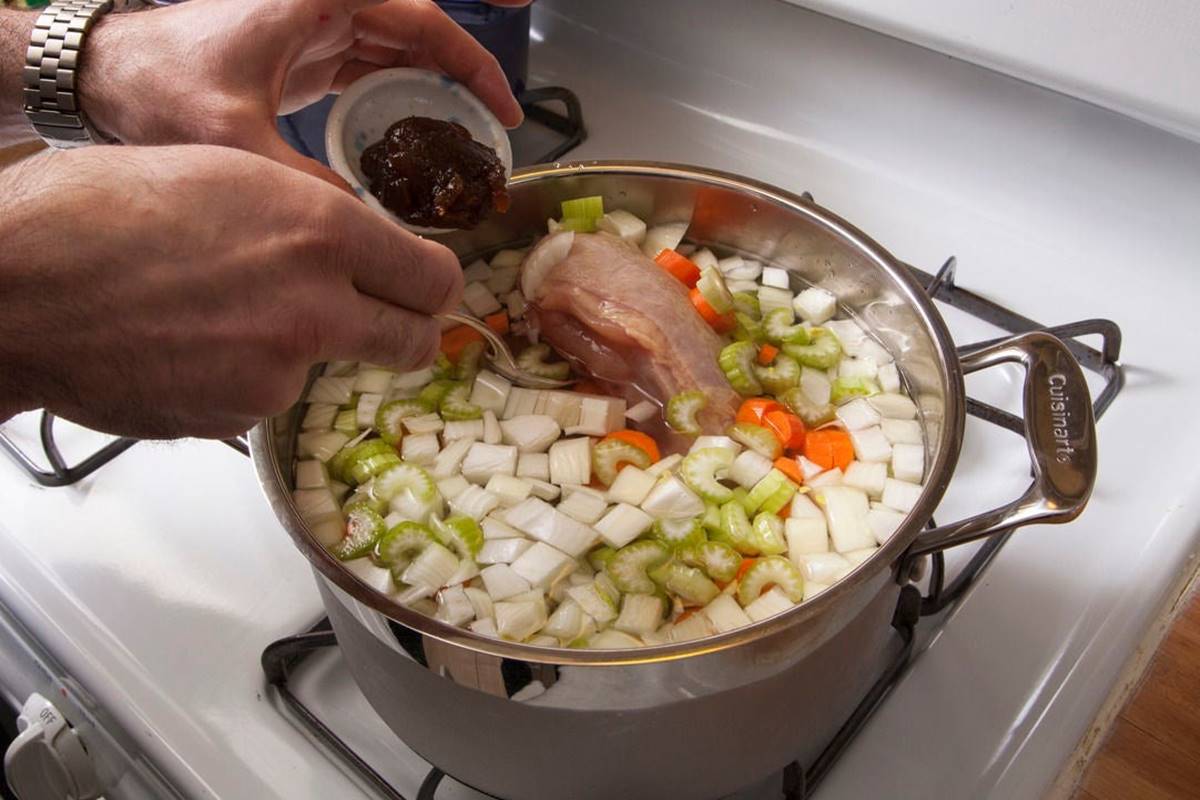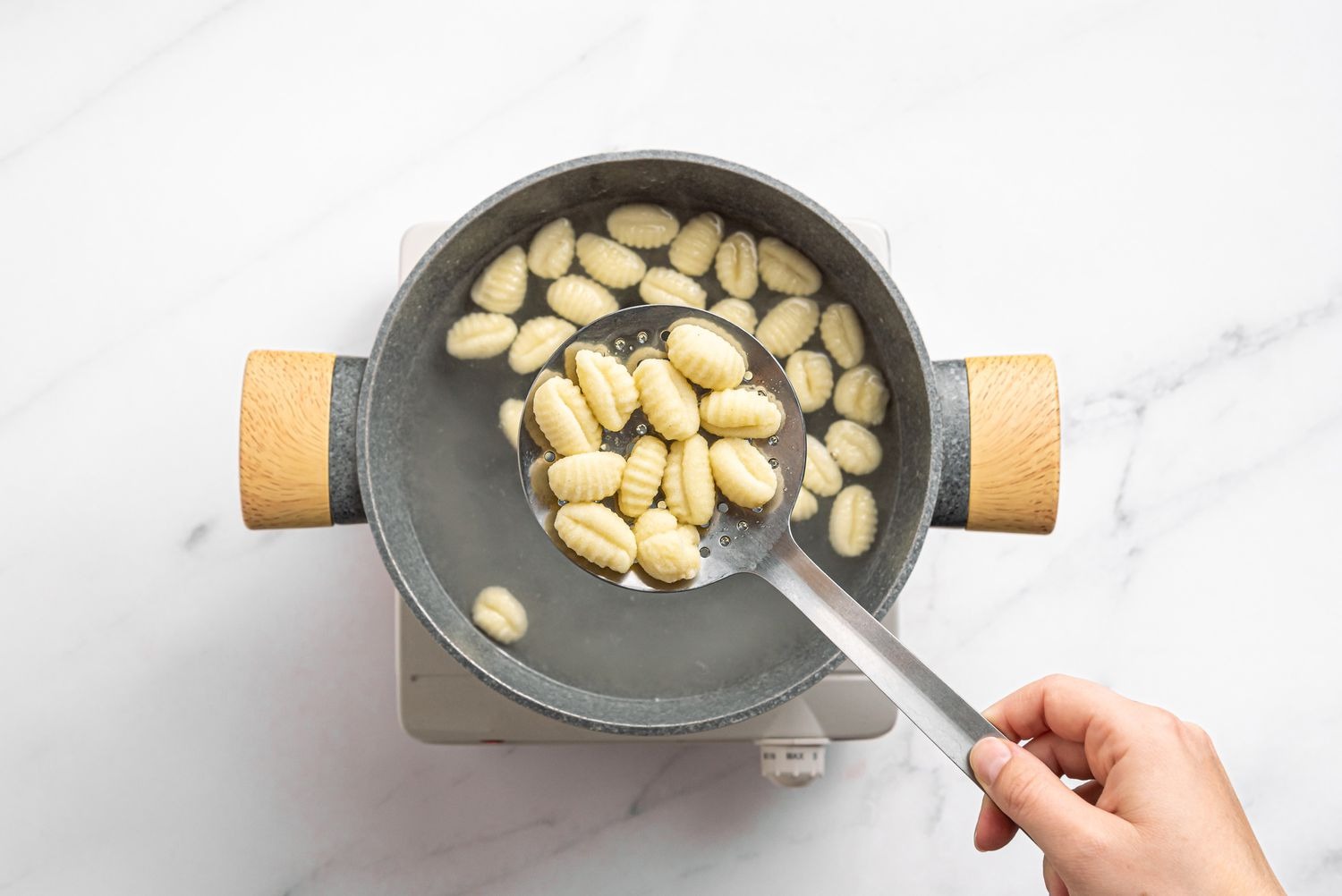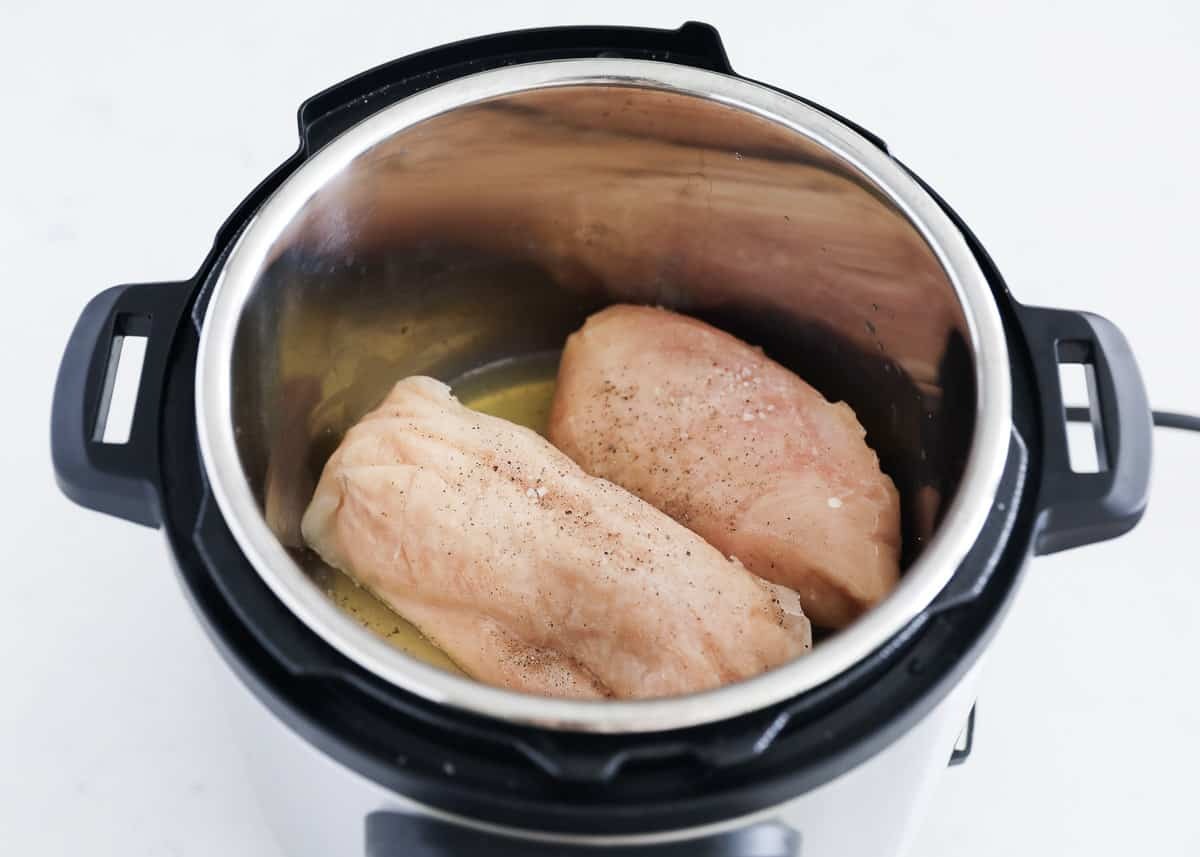How To Boil Rosemary For Hair: A Natural Hair Care Solution
Are you tired of dealing with hair problems like thinning, dandruff, or lackluster locks? Look no further than your kitchen cabinet for a simple, natural solution – rosemary. This aromatic herb, commonly used in cooking, can also work wonders for your hair when boiled and used as a rinse. In this article, we will guide you through the simple steps on how to boil rosemary for hair to help you achieve healthier, stronger, and more beautiful tresses.
Why Rosemary?
Rosemary has been recognized for centuries for its various health benefits, and hair care is no exception. It is rich in antioxidants, anti-inflammatory properties, and essential nutrients that can promote hair growth, prevent dandruff, and improve overall hair health. By boiling rosemary, you can extract these beneficial compounds and create a homemade hair rinse that will transform your hair care routine.
Step-by-Step Guide for Boiling Rosemary for Hair
- Choose fresh rosemary: It is best to use fresh rosemary sprigs as they contain higher concentrations of active compounds. You can find fresh rosemary at your local grocery store or even grow it in your own herb garden.
- Prepare your ingredients: Besides fresh rosemary, you will need water and a pot for boiling. Make sure to use clean, filtered water to avoid any impurities affecting the final rinse.
- Boil the rosemary: Fill a pot with water and add the rosemary sprigs. Bring the water to a gentle boil over medium heat and let it simmer for about 20 minutes. This will allow the beneficial compounds from the rosemary to infuse into the water.
- Cool and strain the mixture: Once the boiling time is up, remove the pot from the heat and let it cool for a while. Then, strain the mixture into a clean container, ensuring you collect the liquid while separating it from the rosemary leaves.
- Apply the rosemary rinse: After washing your hair as usual, use the rosemary rinse as a final rinse. Pour it over your hair, ensuring even distribution from roots to ends. Gently massage your scalp to stimulate blood circulation and enhance absorption.
- Leave it in or rinse it out: You can choose to leave the rosemary rinse in your hair without rinsing, as it can continue to nourish your hair throughout the day. However, if you prefer to rinse it out, wait for a few minutes before rinsing with lukewarm water.
The Benefits of Boiled Rosemary for Hair
By incorporating boiled rosemary into your hair care routine, you can experience a range of benefits:
- Promotes hair growth: The nutrients and antioxidants present in rosemary help stimulate hair follicles and promote healthier, thicker hair growth.
- Prevents dandruff: Rosemary’s antimicrobial properties can combat dandruff-causing bacteria on the scalp, reducing flakiness and itchiness.
- Improves scalp health: The anti-inflammatory properties of rosemary can soothe irritated scalps and alleviate conditions like dryness and itchiness.
- Strengthens hair: Regular use of rosemary rinse can strengthen your strands, reducing breakage and improving overall hair resilience.
- Enhances shine and manageability: Rosemary can leave your hair looking glossy and more manageable, adding a natural shine to your locks.
Remember, while using boiled rosemary for hair can provide numerous benefits, it is not a magic solution. Consistency is key, so make it a part of your regular hair care routine to observe the best results.
In Conclusion
Boiling rosemary to create a hair rinse is a simple and effective way to harness the natural goodness of this herb for healthier, more beautiful hair. By following our step-by-step guide and incorporating the rosemary rinse into your regular hair care routine, you can experience the benefits of this natural hair care solution. Say goodbye to hair problems and hello to luscious locks with the power of rosemary!
Was this page helpful?
Read Next: How To Boil Tomatoes

